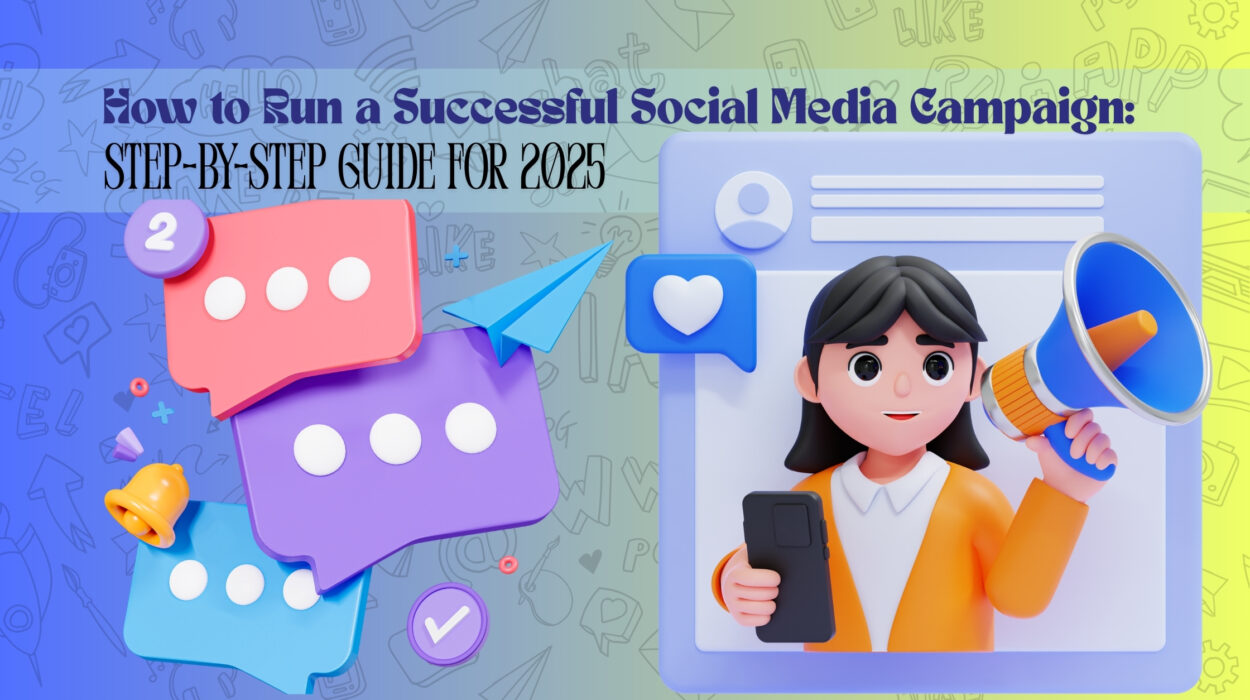As marketers, we know the pace of change in our industry is nothing short of relentless.
With an ever-expanding landscape of digital channels, the opportunities to connect with customers have never been greater. But with these opportunities comes a familiar challenge—juggling multiple responsibilities and roles within marketing teams.
Artificial Intelligence (AI) has undoubtedly reshaped digital marketing. New tools and platforms are emerging at lightning speed, streamlining tasks and enhancing performance. But AI isn’t the only change marketers are navigating.
Marketing budgets saw a decline in 2024, and this tightening is expected to continue through 2025. This puts pressure on marketing teams to deliver more value with fewer resources—all while maintaining strong performance metrics.
That’s why staying ahead of the curve is more crucial than ever. Understanding what lies ahead not only helps you stay informed about digital trends but also reveals new ways to optimize strategies, outpace competitors, and work more efficiently.
In our deep dive into digital marketing trends for 2025, we’ll explore five critical areas:
- Social Media: The competition heats up between X, BlueSky, and Threads. We’ll also discuss the rise of employee-generated content and why customer-driven content is gaining more traction than influencer promotions.
- Artificial Intelligence: AI will keep evolving, but the focus will shift to using it wisely to avoid AI fatigue. We’ll examine the growing role of AI agents and how AI is revolutionizing ecommerce and ad strategies.
- Digital Marketing Skills: In 2025, soft skills will become increasingly valuable. Marketers will also need to sharpen their AI capabilities and broaden their expertise beyond traditional marketing.
- Search Trends: Expect a stronger emphasis on social search and voice search optimization, along with the emergence of Generative Engine Optimization (GEO) as a new frontier.
- Content Marketing: We’ll explore the effective combination of AI and human-created content, the renewed importance of older content, and the rise of a new audience Gen Alpha, those born after 2010.



